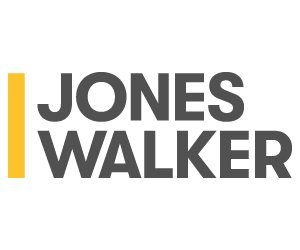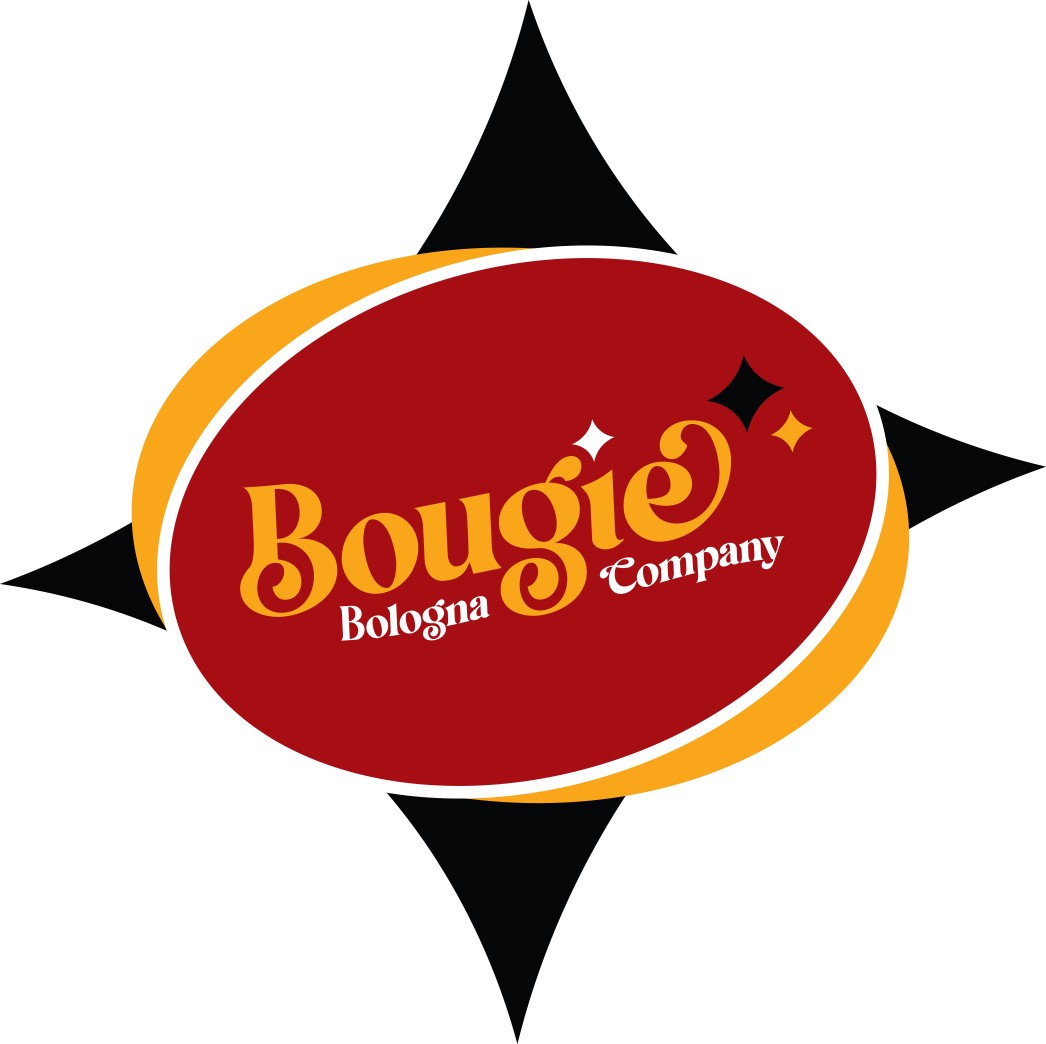Technology touches almost every aspect our lives. Our phones and the applications on them – from Google Maps to Uber and Apple Pay – are integral parts of almost everything we do. Because this integration is so useful, and universal, it can feel like it’s been this way forever. But the first iPhone was only released in June 2007.
Initially, the pioneers of tech were in Northern California – in what came to be known as Silicon Valley. Because there is still a huge amount of venture capital there, we still tend to associate tech development with that part of the world. But, in fact, most cities now have a tech sector. New Orleans included.
But tech isn’t generally in the forefront of our conversations here. We’re all very aware of what the Covid pandemic has done to our hospitality sector, our entertainment sector, and our tourist sector, but we’re less familiar with how the pandemic is affecting the tech sector. And it is, in very interesting ways.
Peter’s guests on this edition of Out to Lunch are both members of the tech sector who are responding to the crisis.
Fever
David Rome is the creator and co-owner of a device and a company called DigiTherm. It’s a gadget designed to control the spread of Covid.

David Rome, his Covid creation DigiTherm is taking your temperature all over town and around the country
If you’ve been anywhere in the last few months, you’ve probably come across a person behind a counter or in a doorway, with a hand-held thermometer gun. They point it at your forehead. If you clock in at a normal temperature you can proceed past them. If you have a fever, you can’t.
Although this is a well-intentioned attempt to control the spread of the coronavirus, the fatal flaw in this process is the person who is taking your temperature has to be considerably closer to you than 6 feet. Which kind of defeats the purpose – especially if you’re the person getting within arm’s length of hundreds of people a day.
DigiTherm is a piece of technology that replaces the person with the thermometer gun with what looks like an iPad on top of a sleek pedestal. You step up to the device, a screen displays your face, and uses infra-red technology to take your temperature.
It all happens in a matter of seconds. It’s foolproof. It doesn’t require any human contact. And it can process people faster than the person with the thermometer gun.
Live
Conway Solomon is founding partner and CEO of a company called WRSTBND.

Covid companions Conway Solomon and his assistant at Wrstbnd (we didn’t remove the vowels so the dog could read it, that’s actual name of the company)
If you think back to when we had live entertainment, you’ll remember that at the door of a venue, or the gateway to a festival, a person would rip your ticket in half, stamp your hand, or put a plastic wristband on your wrist. What Conway’s company, Wristband does, is manufacture and provide live event producers with a system that employs electronic wristbands to let people into an event or a space.
The wristbands use a technology called RFID – Radio Frequency Identification – that’s typically used by companies like Amazon to track packages. The principle advantage of this kind of technology is, it’s foolproof – a scanner lights up green if you’re good to go and red if you’re not – and speed – you can get a lot of people per minute through an entrance.
Wristband has been used at numerous events across the country including the Superbowl, Essence Fest, and the NCAA Final Four. But what happens in a world where there are no live events? Is there a pandemic pivot for Wristband?

Conway Solomon, Peter Ricchiuti, David Rome at socially distanced lunch
Photos by Jill Lafleur. And here’s some more lunchtime conversation about breakthrough New Orleans tech.





